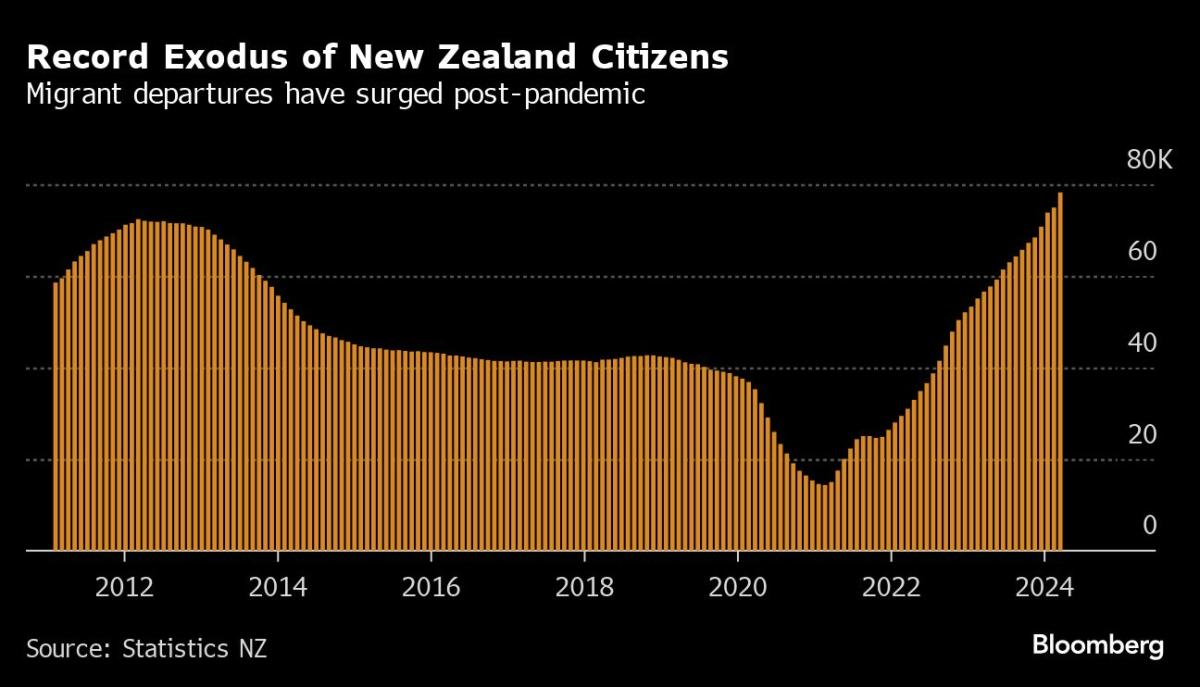Economic inflation is a common issue that both the US and Europe are grappling with, but the timing of interest rate changes is expected to differ between the two regions due to differences in economic strength. While inflation has slowed down recently in the US, it remains higher than in Europe. The Federal Reserve is likely to keep interest rates unchanged in the upcoming months due to insufficient evidence to decrease them.
In contrast, European inflation has been steadily decreasing since the beginning of the year, leading to predictions of interest rate cuts by the European Central Bank earlier than the Fed. However, there is also talk of increasing interest rates in the US if inflation trends change. Despite higher inflation rates in the US, when housing costs are removed from the equation, core inflation rates are similar between the two regions.
The divergence in interest rate decisions between the Fed and ECB is primarily due to differences in economic growth. The US economy is stronger than the euro area, leading to higher consumer demand and job growth. In contrast, the European economy is weaker due to factors like energy crises and other economic challenges. The Fed is more cautious about cutting interest rates due to strong economic conditions in America while ECB takes a more confident stance given economic challenges faced by Europe.
Overall, Americans have better prospects in terms of spending and labor market opportunities compared to Europeans as reflected by their savings rates and consumer spending patterns. The timing of interest rate decisions by their respective central banks will depend on varying economic conditions between these two regions.
The divergence between interest rate decisions made by central banks of these two countries reflects their differing views on future economic conditions. While American economy appears stronger than European economy at present time due to higher consumer demand and job growth but ECB believes that weaker European economy requires lowering of interest rates while Federal reserve feels that there’s not enough evidence yet for cutting its interest rates.
Inflation continues to be a challenge for both economies but it seems like they are taking different approaches towards managing it based on their current viewpoint about future economic conditions which may affect overall performance of their economies accordingly.

